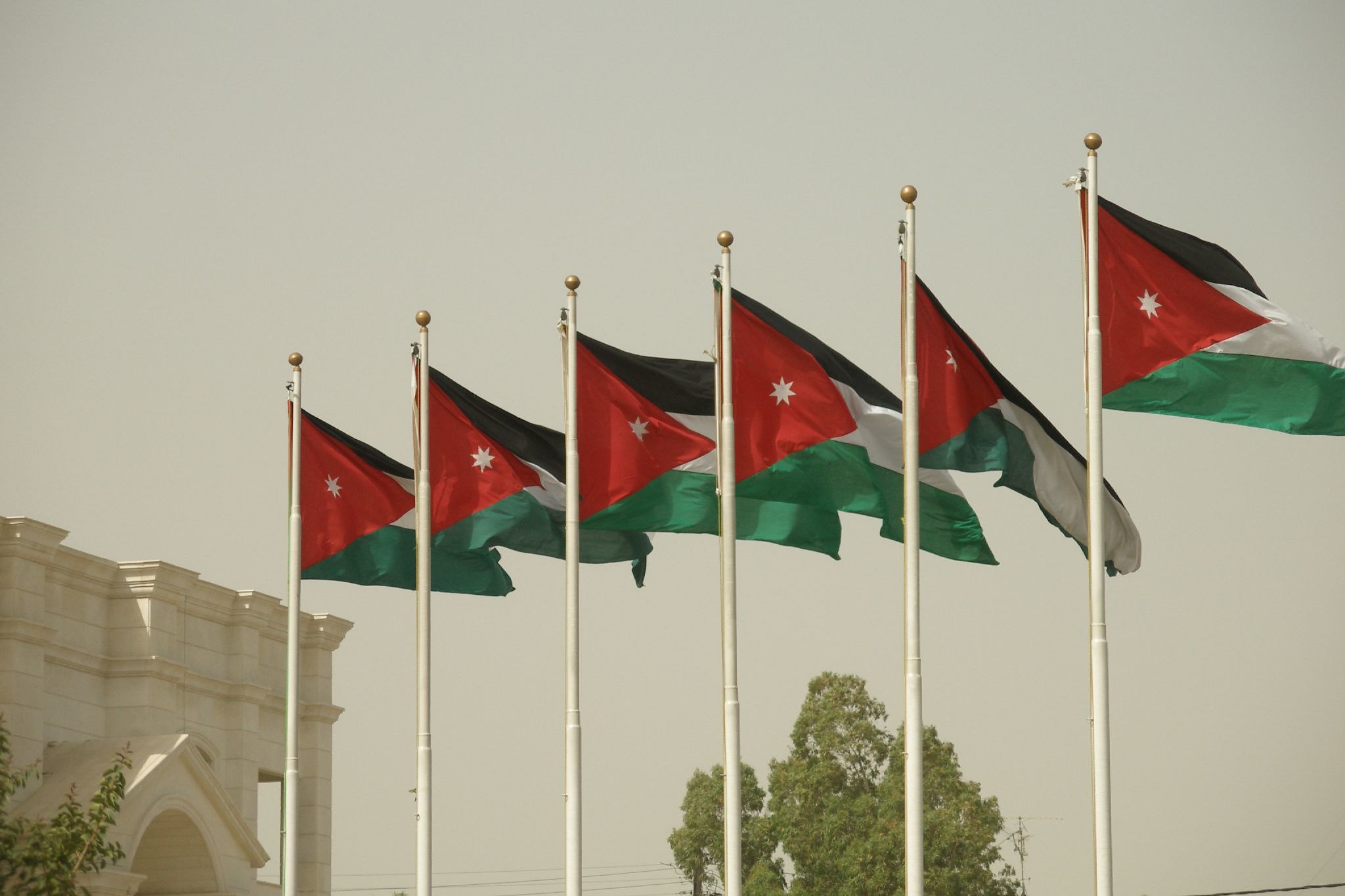Fighting continued for more than a month despite the latest ceasefire.
Qatar has condemned an attack targeting the residence of Jordan’s ambassador to Khartoum, where weeks of violence has continued to rage despite a ceasefire.
In a statement on Saturday, the Gulf state’s foreign ministry renewed its calls for the protection of diplomatic missions and urged for the prosecution of the perpetrators behind the attack on the Jordanian ambassador’s residence.
“Qatar strongly condemns the attack and vandalism of the residence of the Ambassador of the Hashemite Kingdom of Jordan in the Sudanese capital, Khartoum. It stresses the need to provide protection for diplomatic missions and to prosecute the perpetrators and bring them to justice,” the statement read.
Doha reiterated its calls for dialogue between the warring parties and urged “an immediate halt” to the fighting in Sudan. It also called for restraint and prioritising “the public interest, and sparing civilians the consequences of fighting.”
Jordan’s foreign ministry confirmed its ambassador as well as other embassy staff were in Port Sudan at the time of the attack and were unharmed.
Amman condemned “all forms of violence and vandalism, especially those that violate the sanctity of diplomatic buildings.”
Several embassies and residences of envoys representing different countries in Khartoum have been vandalised amid the ongoing instability in Sudan.
Last week, Qatar’s embassy was attacked and vandalised by what it described as “irregular armed forces”. The embassy was evacuated prior to the attack and no staff members were harmed.
In total, Qatar evacuated 1,421 of its residents from Port Sudan, per figures shared by the Gulf state’s foreign ministry on Thursday.
Fighting broke out on 15 April between the Sudanese paramilitary Rapid Support Forces (RSF) and the Sudanese army, triggering a major disruption to Sudan’s transition to civilian rule.
The conflict, the deadliest to strike Sudan in years, has so far killed at least 730 civilians and forced more than one million to flee to neighbouring countries or safer areas like Port Sudan.
Last week, the warring factions signed a seven-day truce following talks brokered by the United States and Saudi Arabia designed to allow the safe transport of humanitarian aid.
Despite the ceasefire, witnesses on the ground told Reuters on Saturday that several clashes took place.
Now, civilians stuck in Khartoum are facing a lack of services, including electricity, water and mobile networks. Hospitals are also struggling to treat patients after the fighting led to the destruction of numerous health facilities.
Last week, Sudanese army chief, General Abdel Fattah Al-Burhan formally sacked RSF leader General Mohamed Hamdan Dagalo, widely known as Hemedti, as his deputy.
Hemedti was the leader of the Janjaweed militia during the Darfur genocide in 2003, in which the group carried out war crimes in cooperation with former Sudanese president Omar Al Bashir.
Bashir was toppled in 2019 during a mass revolution in Sudan, during which protesters across the country demanded civilian leadership.







